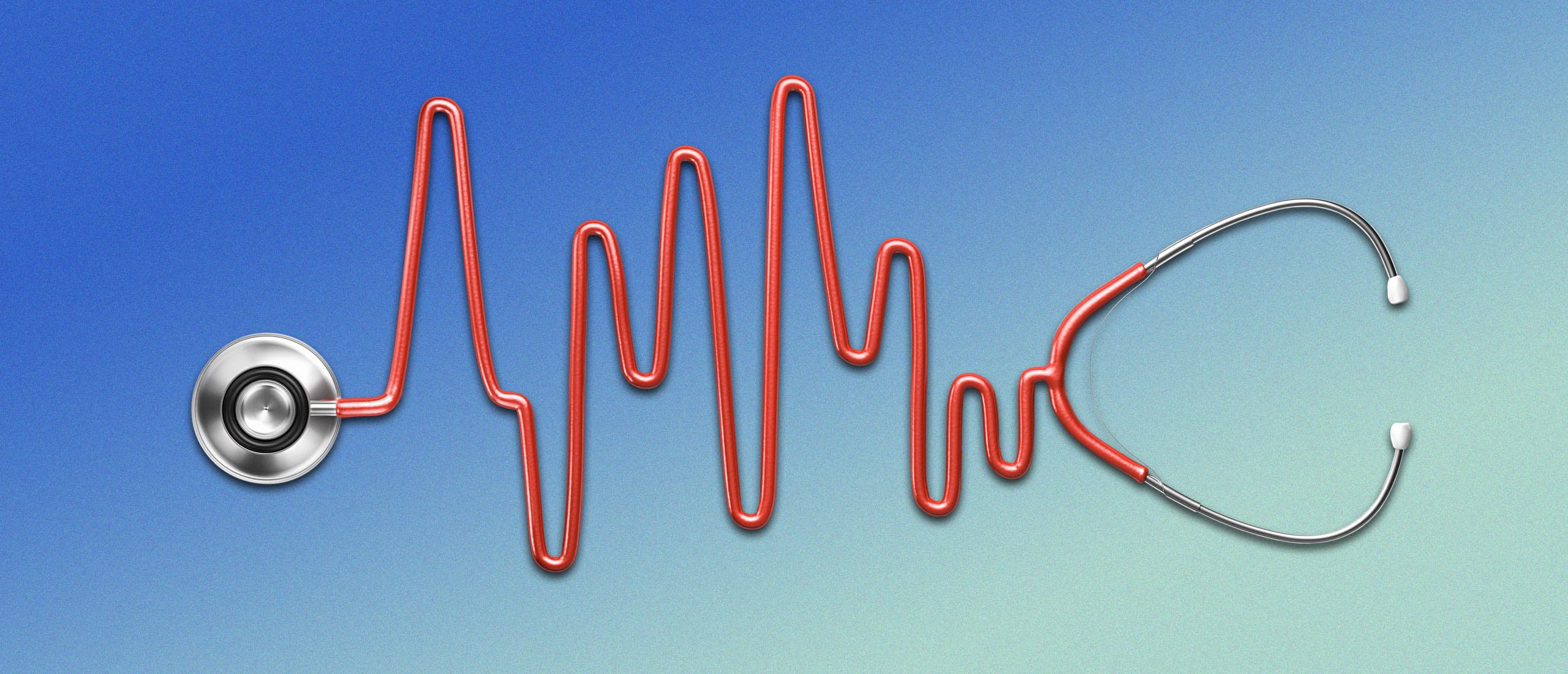Longevity Doctor Peter Attia Can Tell How Healthy You Really Are
F
or many people who are dialed in to longevity-focused content physician Peter Attia, M.D., is their dream doctor. But he can only see so many patients one-on-one at his in-person medical practices in San Diego and New York City.
For those of us who can’t book an appointment, the host of The Drive podcast has given us the next best thing: a sneak peek at the tests and scans he uses to determine basic health risk in new patients.
On a recent episode of the Jay Shetty podcast, Attia shared which tests you should ask your healthcare provider for if you’re looking to maximize longevity. He also offered six questions to ask at your next family reunion to understand your health history.
Tests and Scans
In addition to the metabolic panel and complete blood count (CBC) test your doctor might run at your annual, Attia advocates for the following:
Full-body MRI
Attia prefers MRIs to other scans for safety reasons. “An MRI doesn’t have radiation, whereas a whole body CT or PET scan would have staggering amounts of radiation,” Attia says.
MRIs are also highly sensitive. “Sensitivity is the capacity of the test to detect something, if something is present,” Attia says. “If you go into an MRI scanner and you have cancer, the MRI is quite likely to pick it up.”
Attia is a fan of full-body preventative scans like the Prenuvo. But he warns that MRIs have a downside: they have “abysmal” specificity. This means that while they’re great at catching genuine abnormalities, they are also very likely to produce false positives.
To weed out false positives from true abnormalities, Attia suggests getting a series of scans, instead of just one.
Coronary calcium scan
Attia tells Shetty that he uses a coronary calcium scan—a screening that looks for calcium deposits in the heart’s arteries—to determine risk for cardiovascular disease. This test involves a CT scan of your heart, which is then used to give you a calcium score. The higher your score, the more likely you are to develop heart disease.
“[This] test isn’t absolutely essential, but I think it can be very helpful if you’re trying to further stratify risk,” Attia tells Shetty.
Biomarker tests
In addition to a standard annual blood test—which includes a basic metabolic panel and a complete blood count (CBC)—Attia also recommends five preventative biomarker tests:
Lipoprotein (a) (Lp(a)-P): Certain LPA gene expressions are linked to an increased risk for blood vessel diseases, stroke, and heart attack. You only need to get this test done once to uncover your genotype.
APOE Gene: This one time test can determine your risk for neurodegenerative diseases like Alzheimer’s.
ApoB: This test measures ApoB levels, the main protein found in the “bad” low-density lipoprotein (LDL) cholesterol, and can be used to determine heart disease risk.
OGTT with insulin measurements: This test has more sensitivity and specificity than a typical A1C glucose test when used to diagnose pre-diabetes.
ALT: This test can indicate fatty liver disease risk. When alanine transaminase (ALT)—an enzyme that is released when your liver is injured or damaged—levels are high, it may indicate that your liver isn’t functioning optimally.
Family History Intake
“Contrary to what people believe, a genetic test does not give you all the information,” Attia explains.
“If we went out and got the best whole-genome sequence money could buy and looked at every one of your 20 to 30 thousand genes, we still wouldn’t be able to impute from a risk standpoint what you can gather from a very well-collected family history,” Attia says. “Most genes by themselves are not deterministic.”
This is because many genes need to be triggered by something in the environment before they pose a risk to your health. Plus, many genetic risk factors that physicians look out for, like cancer, heart disease, and dementia, are polygenic—which means that your risk is influenced by two or more genes.
“In many cases, we don’t even know what the exact collection of genes [that cause genetic conditions] looks like,” Attia explains. “Genes matter, but we’re going to get the majority of our information by understanding our family history.”
Ask these questions
Attis suggest asking family members—your parents, aunts, uncles, siblings, and grandparents—pointed questions about their cardiovascular and general health, starting with these three:
- Do you have high blood pressure?
- Do you have high cholesterol?
- What medications do you take?
If someone is deceased or inaccessible, ask other relatives what they can recall about that member’s health, specifically around cardiovascular disease, cancer, and cause of death. Also ask:
- What was their cognitive function in the last decade of their life?
- What cancers did they have?
- Did they have low bone density or osteoporosis?
Testing your hormones with Hone’s at-home assessment is an affordable—and easy—way to optimize longevity.













